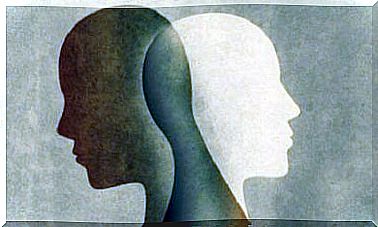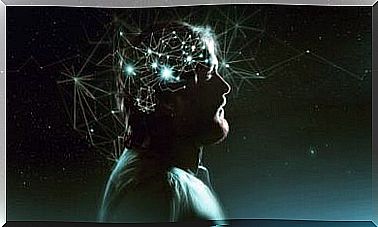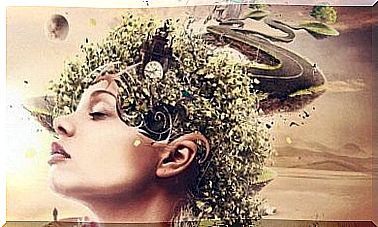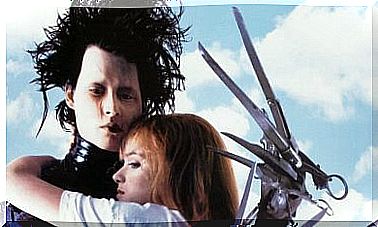The Experiment: Human Nature
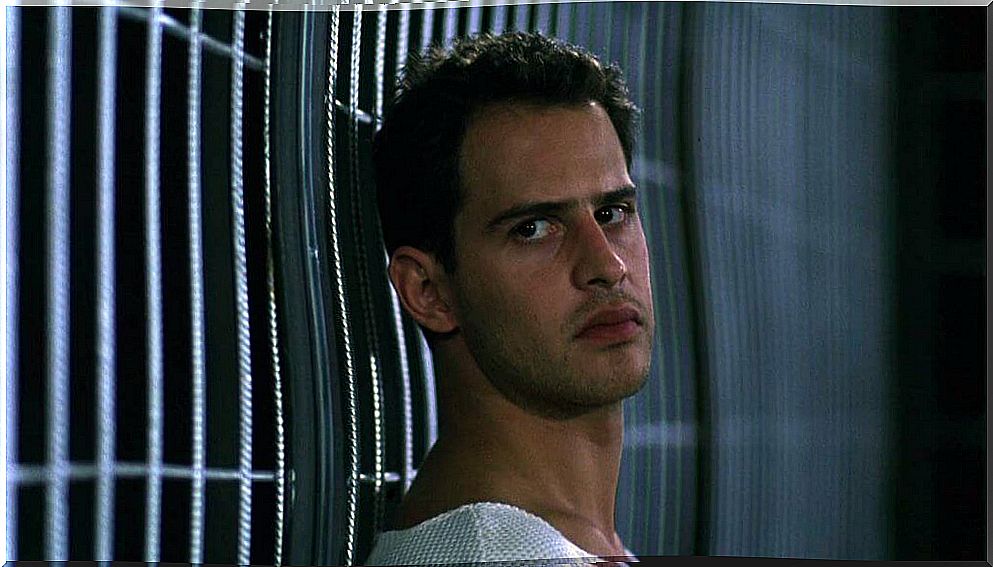
The Experiment is a 2001 German film directed by Oliver Hirschbiegel, based on the novel The black box which, in turn, is inspired by the experiment conducted at Stanford in 1971. This experiment was at the center of much controversy and although the film is very different from the real facts, leads us to ask ourselves about the true human nature: are we good or bad? Are there good people and bad people? It is a film in which philosophy, ethics, morals, sociology and psychology go hand in hand.
Start by introducing us to Tarek Fahd, an economically troubled taxi driver who decides to earn extra money by participating in an experiment. In addition to the money that the experiment will provide, he decides to collaborate with a newspaper he has worked for in the past and to record everything that happens during the experiment. It is money that pushes participants to collaborate as guinea pigs in an experiment that will end up destroying their lives.
A taxi driver, an airline employee, an executive, an Elvis impersonator, etc. All of them looking for a new experience and, above all, for a financial reward. They will undergo various psychological tests and numerous interviews thanks to which each will be assigned a role: jailer or prisoner. Some participants are insecure, others have great self-esteem … All this will help doctors to assign certain roles.
None of the participants have ever been in prison, none of them seem to be a person outside the “normal”; everyone has a profession, a family… In short, common lives. When they get to know each other in the waiting room, before discovering the roles they will be assigned, they all seem interested in getting to know each other and having a pleasant conversation. However, what at first seemed like a simple game, will end up becoming a real nightmare that will make us rethink some issues related to human nature.
The Stanford Prison Experiment
The experiment on which the film is based was conducted at Stanford University (United States) in 1971 ; led by Professor Zimbardo, 24 students participated, all psychologically stable. During the experiment, however, each participant fully immersed himself in the role he had been assigned.
This experiment is heavily criticized for overstepping ethical boundaries, but the results were so surprising that it made us reflect on our role in society. How is it possible that completely normal and healthy individuals end up falling into sadism and extreme violence? What happens when we deprive an individual of his freedom?
Many of the participants reported severe psychological consequences; those who had assumed the role of prisoners later showed resignation and submission, for their part the guards began to abuse their power and apply truly cruel punishments. The film shows us all this, but with some differences:
- In the original experiment the roles were assigned randomly, while in the film the participants are subjected to previous tests.
- In the Stanford experiment, inmates were arrested as if they had committed a real crime. This does not happen in the film, in which this role is assigned after agreeing to participate.
- In the film, the only security we observe is that of the surveillance cameras and the three doctors who supervise the experiment without intervening. At Stanford, Zimbardo himself attended as superintendent and there were two real cops.
The Experiment and social roles
The Experiment takes us to a fictional prison, the scenarios are cold, there are very few warm colors, even before the experiment begins. The 20 participants will have to spend 14 days in a fictitious prison; jailers will not receive any orders, except for a small prison regulation, they will be free to act as they see fit when an inmate does not obey, even if they are warned not to resort to violence.
The prisoners, on the other hand, are totally deprived of their identity; they go from having a name to being a mere number, they have to give up their underwear and wear only a thin tunic, while the jailers have a uniform. Initially many of them take the situation as a joke, they think it’s just a game and that in a few days they will be able to go home and resume their life in peace (and with more money in their pockets).
However, from the moment the roles are assigned, we see some participants begin to take it seriously by becoming more submissive (if captive) or more aggressive and authoritarian (if jailers). The film becomes more and more dramatic and claustrophobic, showing us the sadism, the abuse of power of the jailers and the suffering of the prisoners.
Some of the inmates find it more difficult to assume their role; however the jailers seem to feel comfortable in theirs. Many of them are parents, they have a family, a good job… but in a situation of power they find themselves acting in a way they could never have imagined, reaching the most extreme violence and subjecting the inmates to atrocious practices.
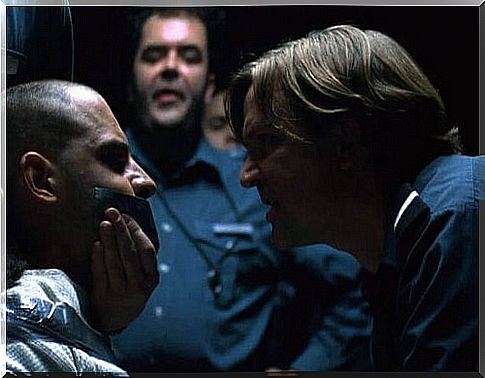
As the days go by, the situation becomes more and more complicated, the abuse and suffering of prisoners is increasing. In a way, Tarek favors some of these situations by trying to record a good story for his newspaper, although we see that delusions and ideas of possible conspiracies take hold of all participants, causing them to act in the most unsuspected way.
Among the characters that most attracts our attention is Berus, a man who works for an airline. She will be the cruelest of the guards, she will become the leader of the group of jailers; leadership that others will accept without question.
The Experiment presents a society deprived of liberty, where people are reduced to numbers by losing their identity; a role is assigned and, consequently, we act on it; even knowing that it is unreal, the participants end up totally immersing themselves in that role.
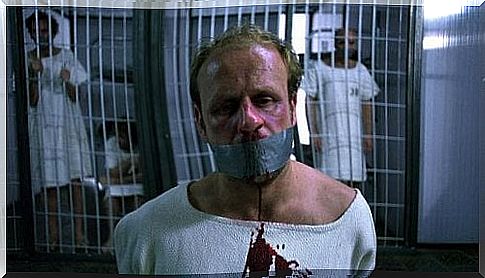
As much as we may believe we know each other perfectly, we cannot predict how we will act in an uncontrolled or out of the ordinary situation. It seems that many of us believe that there are good people and bad people; and surely we don’t consider ourselves bad people, but do we really know our nature?
The film and the experiment lead us to ask ourselves if we are really free, if we have that free will that has been talked about so much in philosophy, if we know human nature… Do we act with total freedom? Perhaps we are simply victims of a role that has been assigned to us and we act accordingly. The experiment invites us to consider a myriad of questions about our nature and our freedom.
